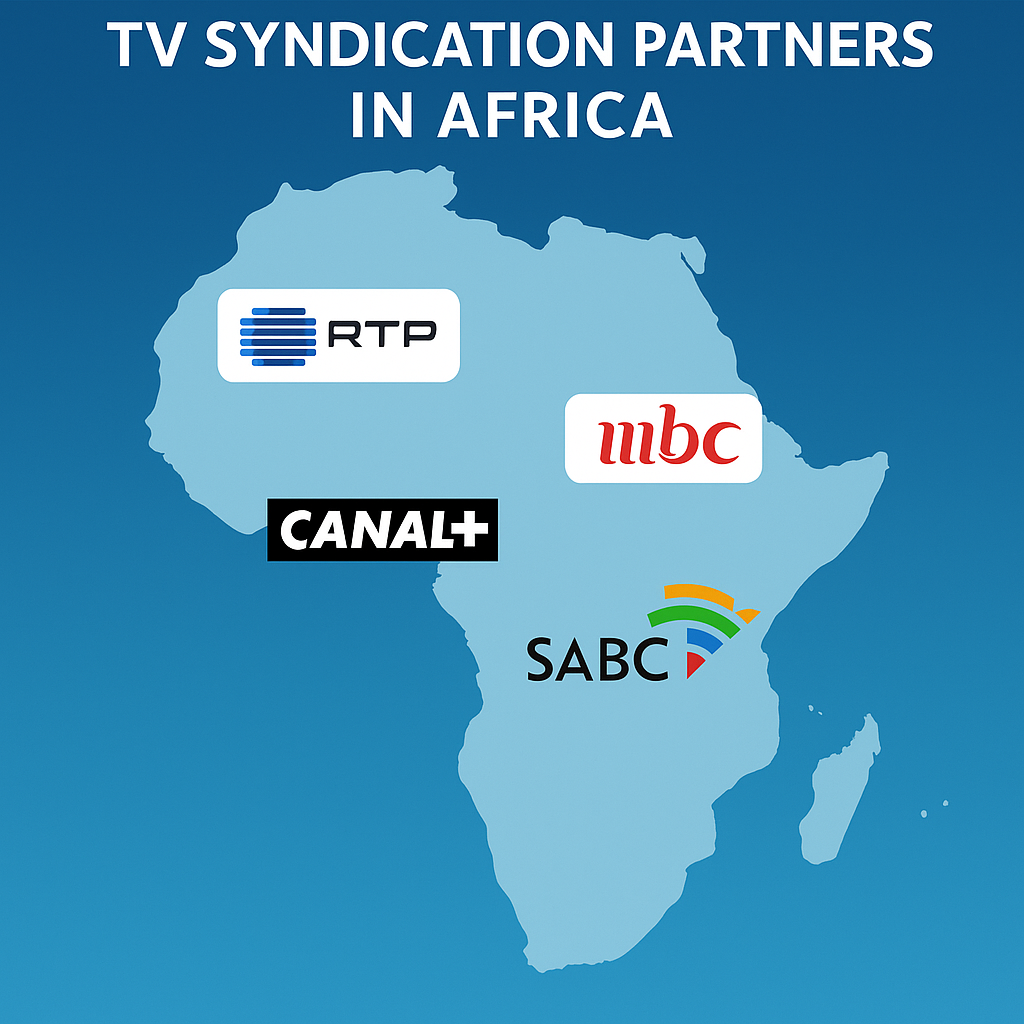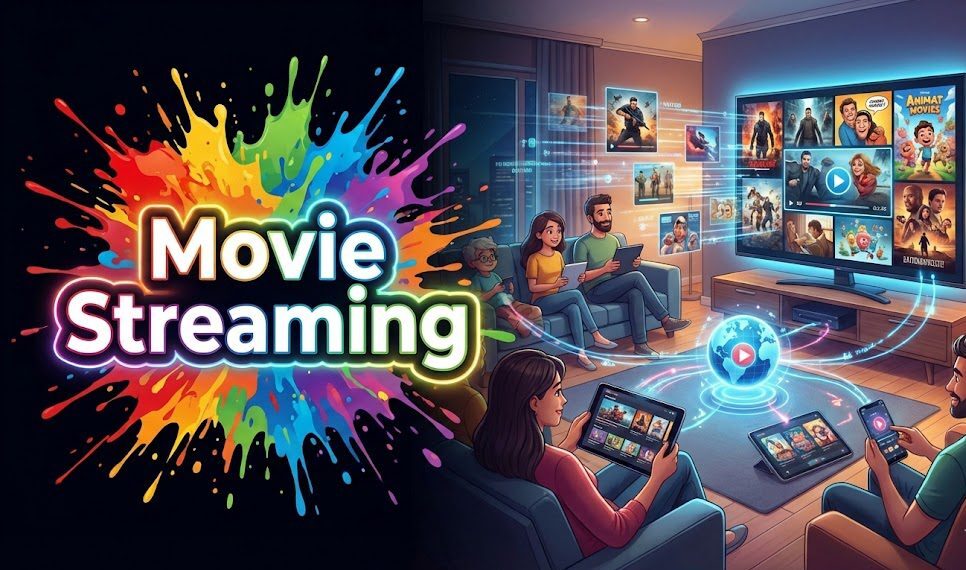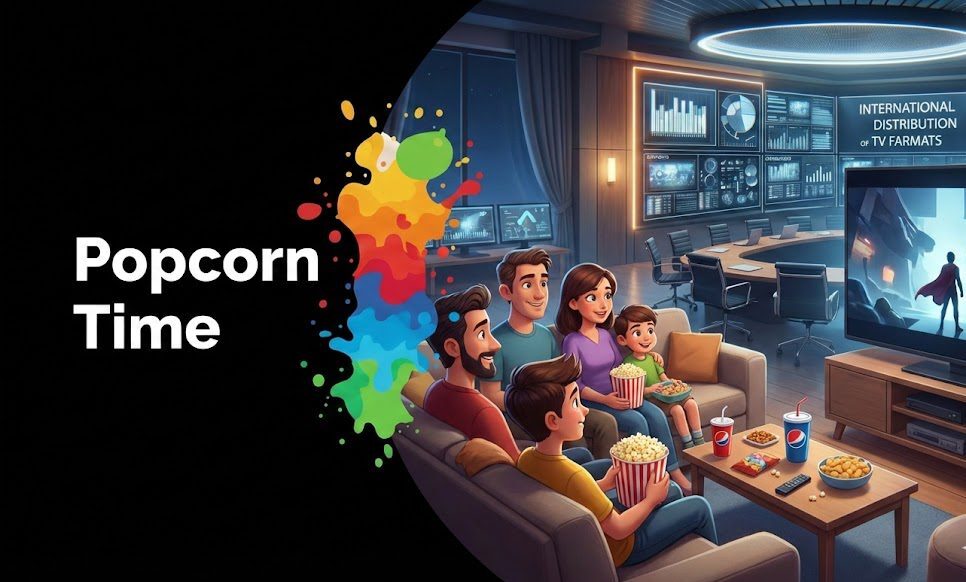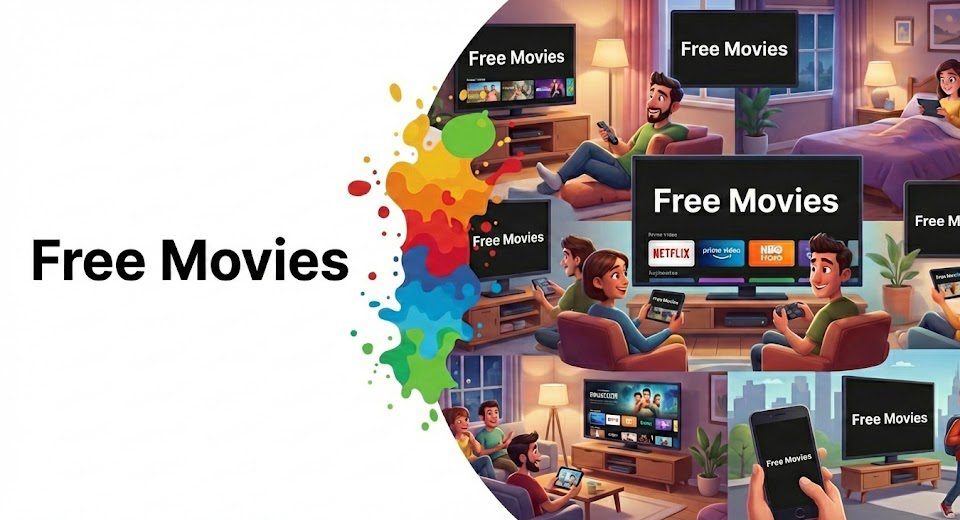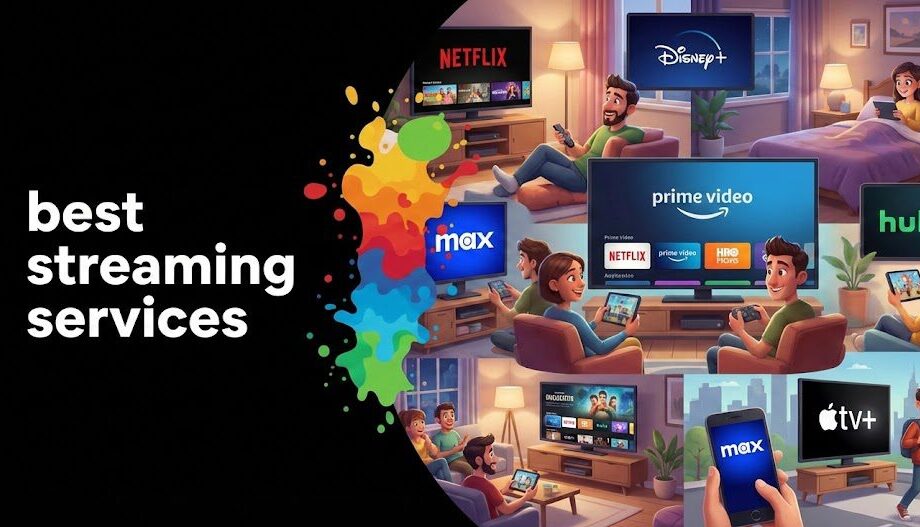Introduction
Africa’s television landscape is undergoing a dynamic transformation, offering unprecedented opportunities for content syndication. Whether you’re a content creator, distributor, or broadcaster, understanding how to navigate and capitalize on syndication partnerships across the continent is crucial. This comprehensive guide delves into the intricacies of TV syndication in Africa, highlighting key players, partnership models, and how platforms like Vitrina can streamline your syndication strategy.
Target the Right African Broadcasters

What is TV Syndication?
TV syndication refers to the licensing of content to multiple broadcasting outlets without going through a broadcast network. In the African context, this involves distributing television programs, series, or films to various regional and national broadcasters, cable networks, and digital platforms across the continent. Syndication allows content owners to maximize their reach and revenue by tapping into diverse markets with varying content needs.
Types of Syndication Partners in Africa
Understanding the landscape of potential syndication partners is essential for effective content distribution. In Africa, syndication partners can be categorized as follows:
1. Public Broadcasters
These are state-owned television stations that often have the widest reach within a country. Examples include:
- South African Broadcasting Corporation (SABC) in South Africa
- Kenya Broadcasting Corporation (KBC) in Kenya
- Nigeria Television Authority (NTA) in Nigeria
2. Private Broadcasters
Privately-owned stations that cater to specific audiences or regions. Examples include:
- e.tv in South Africa
- Citizen TV in Kenya
- Channels TV in Nigeria
3. Pay-TV Operators
Subscription-based services that offer a range of channels. Notable players include:
- MultiChoice’s DStv and GOtv
- StarTimes
- Canal+ Afrique
4. Digital and OTT Platforms
With the rise of internet penetration, Over-The-Top (OTT) platforms have become significant syndication partners:
- Showmax by MultiChoice
- MTN’s upcoming streaming platform
- YouTube channels and other VOD services
5. Content Aggregators and Distributors
These entities package and distribute content to various broadcasters:
Key Players in African TV Syndication
Several organizations have established themselves as pivotal in the African TV syndication landscape:
MultiChoice Group
Operating services like DStv and GOtv, MultiChoice is a dominant force in Sub-Saharan Africa, offering a mix of local and international content.
Canal+ Afrique
A French subscription TV service with a significant presence in Francophone Africa, offering a variety of channels and content.
StarTimes
A Chinese-owned digital TV operator providing affordable pay-TV services across Africa, known for broadcasting a range of sports and entertainment content.
AfricaXP
Specializes in creating and supplying custom-designed themed TV channels for African broadcasters and the diaspora.
CMA Group
Based in Nigeria, CMA Group is a leading content aggregator and distributor, managing several TV channels and offering syndicated content across Africa.
Stay Ahead with Market Insights

Benefits of TV Syndication in Africa
Engaging in TV syndication within Africa offers numerous advantages:
- Expanded Reach: Access to diverse and growing audiences across multiple countries.
- Revenue Diversification: Multiple licensing deals across different regions can lead to varied income streams.
- Content Longevity: Syndication can extend the lifespan of content beyond its initial broadcast.
- Brand Recognition: Increased visibility can enhance brand presence and open doors for further opportunities.
Challenges in African TV Syndication
While opportunities abound, several challenges need to be navigated:
- Regulatory Hurdles: Varying broadcasting regulations across countries can complicate syndication deals.
- Infrastructure Limitations: Inconsistent electricity and internet access can affect content delivery and viewership.
- Piracy Concerns: Unauthorized distribution of content remains a significant issue.
- Language Diversity: Africa’s linguistic diversity necessitates content localization for broader appeal.
How Vitrina Helps with TV Syndication in Africa
Vitrina is a powerful platform designed to streamline the process of finding and connecting with TV syndication partners across Africa. Here’s how Vitrina can assist:
- Comprehensive Database: Access detailed profiles of broadcasters, distributors, and content aggregators across 100 countries.
- Project Tracking: Utilize the Global Film+TV Projects Tracker to monitor ongoing and upcoming projects, aiding in strategic planning.
- Executive Contacts: Reach out directly to key decision-makers with verified contact information.
- Market Intelligence: Stay informed with the latest industry news, trends, and insights to make data-driven decisions.
By leveraging Vitrina’s tools and resources, content owners and distributors can efficiently navigate the African syndication landscape, identify suitable partners, and expand their reach.
Conclusion
Africa’s television industry presents a vibrant and evolving landscape ripe with opportunities for content syndication. By understanding the types of partners available, recognizing key players, and leveraging platforms like Vitrina, content creators and distributors can effectively tap into this market. Despite challenges, the potential for growth and audience engagement makes Africa an attractive destination for TV syndication endeavors.
Frequently Asked Questions
The primary advantage is the ability to reach diverse and expansive audiences across multiple countries, maximizing content exposure and revenue potential.
Vitrina offers a comprehensive database of industry players, project tracking tools, and direct access to key decision-makers, streamlining the process of identifying and connecting with suitable partners.
Yes, Africa’s linguistic diversity requires content localization, including dubbing or subtitling, to cater to different language-speaking audiences.


